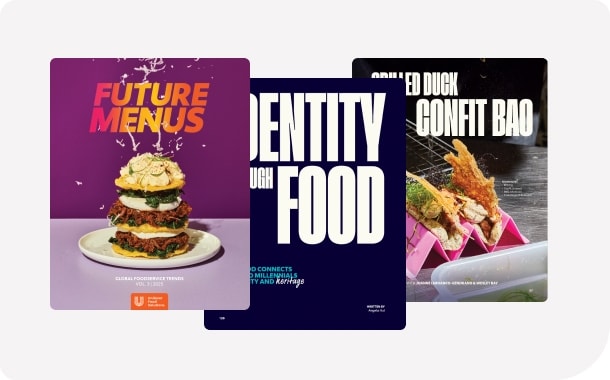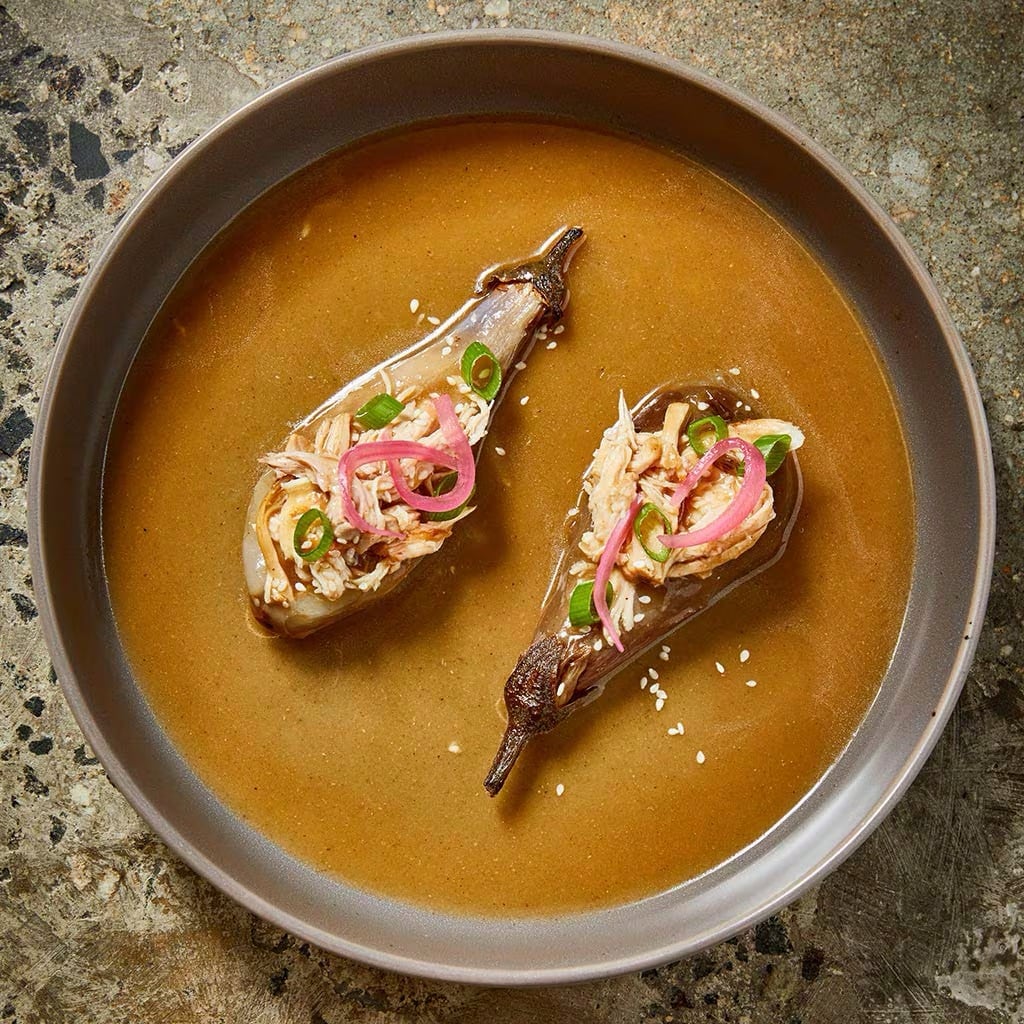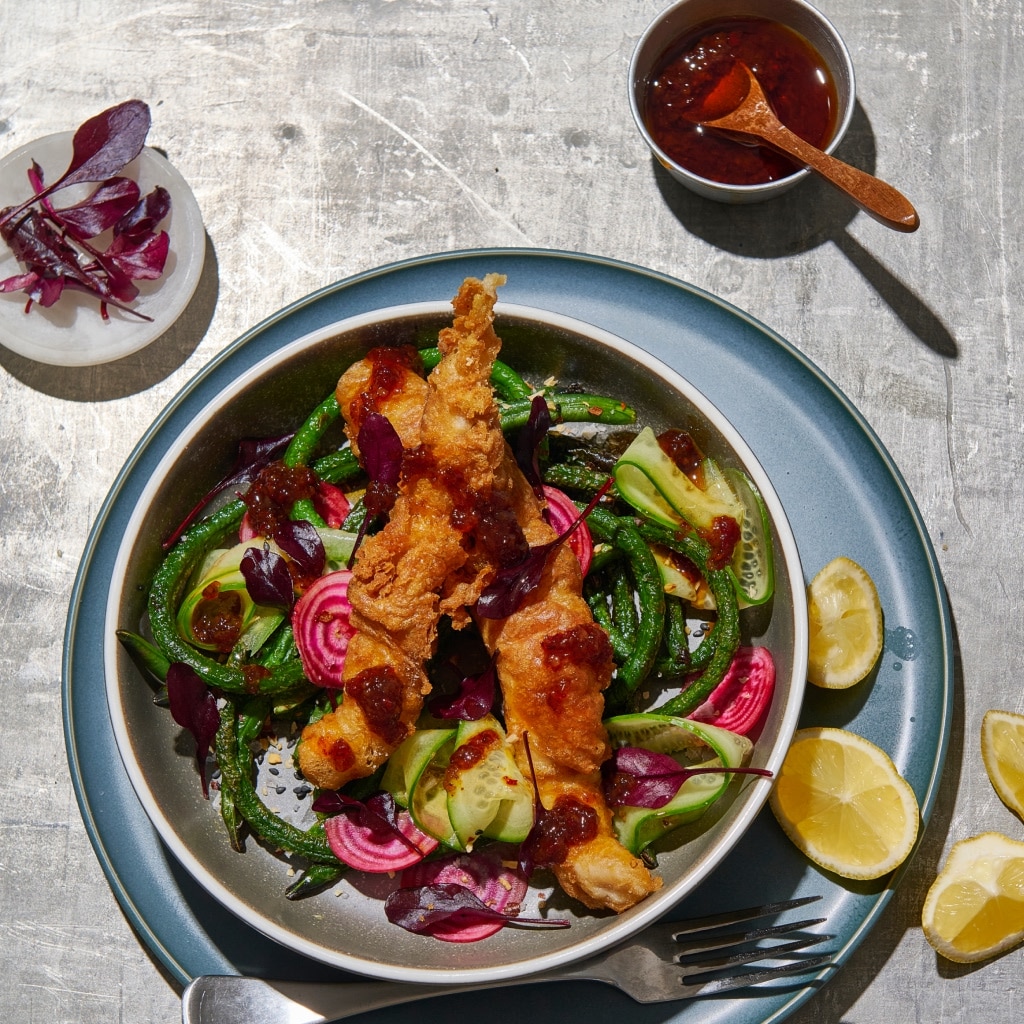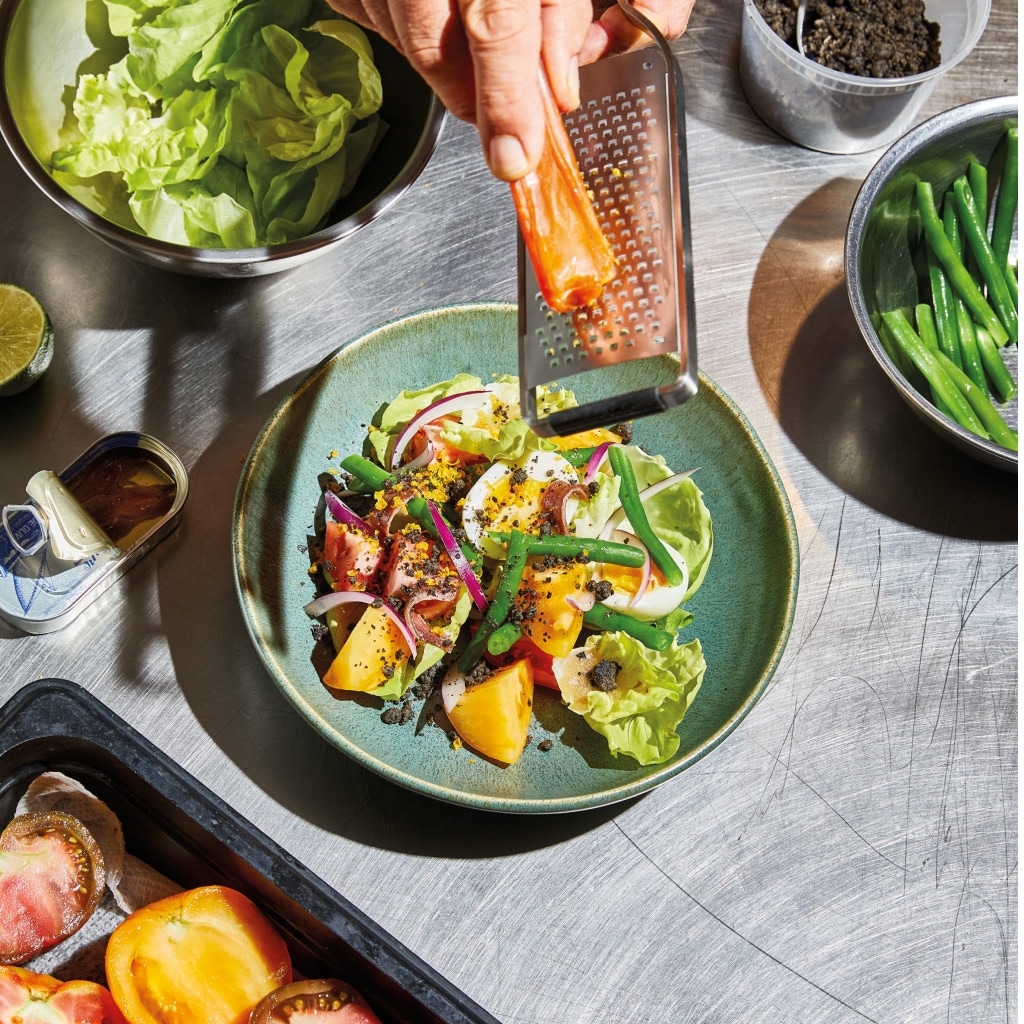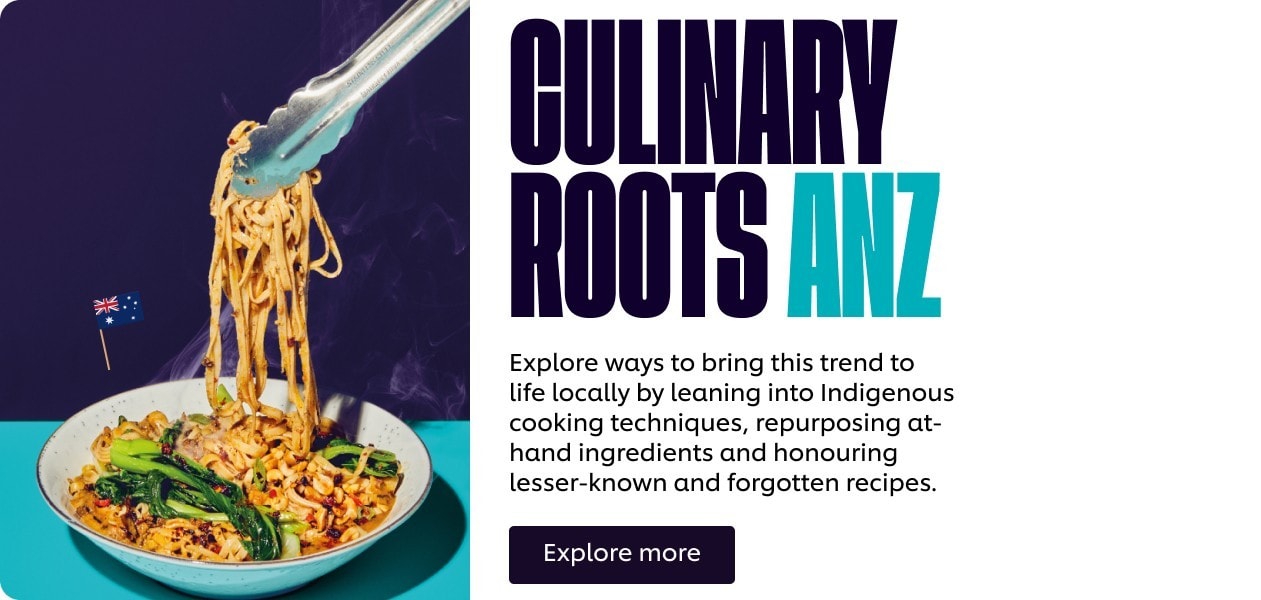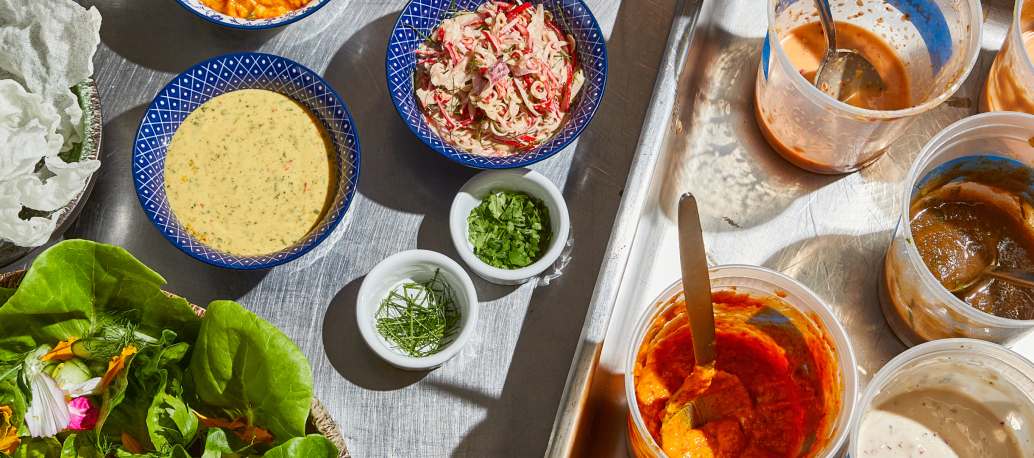
Culinary Roots
A Celebration of Heritage
Rediscover the rich traditions and authentic flavours of regional cuisines. Explore dishes that celebrate heritage ingredients and time-honoured techniques.
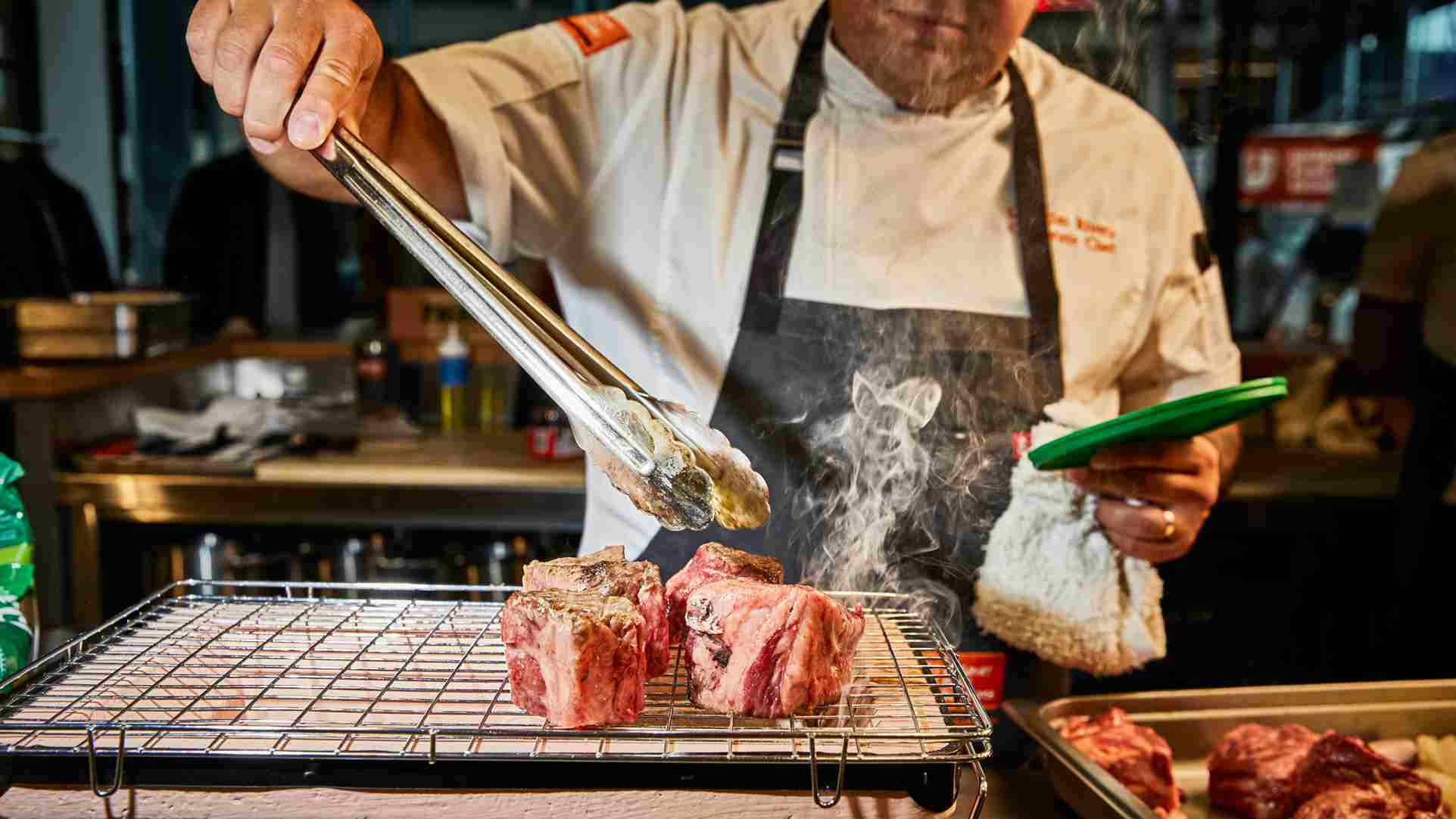

Identity Through Food: A Culinary Narrative
Food is a powerful vehicle for storytelling, cultural expression and personal identity. In today's world, where globalisation and migration are constantly reshaping culinary landscapes, the connection between food and identity is more important than ever.
Understanding the roots of food can transform your kitchen into a place that does more than just prepare meals—it can be a classroom to teach cultural history or a stage for celebrating dishes.
Food as a Bridge to the Past
For many people, food is a powerful way to connect with their cultural heritage. Traditional recipes and cooking techniques, passed down through generations, carry the stories and memories of our ancestors. By embracing these culinary traditions, we can keep the past alive and share it with future generations.
“The next time you test a new recipe, plan a menu or introduce a special, consider what story it tells. Does it highlight forgotten traditions?”
Food as a Teacher
In a world that is increasingly diverse, food can be a powerful tool for celebrating our differences. By exploring the cuisines of other cultures, we can learn about new flavours, ingredients and cooking techniques. This culinary exploration can broaden our horizons and foster a deeper understanding of the world around us.
Storytelling through Social Media
Representation and diversity resonate strongly with younger diners and extends beyond the plate and into popular media. YouTube channels offer in-depth explorations of food origins and history, while Instagram and TikTok allow home cooks, farmers, chefs, restaurants and food writers to share their culinary traditions, connecting with diners on a deeper level.
The Future of Identity-Driven Cuisine
Food can also be a powerful form of self-expression. The dishes we create and the ingredients we choose can reflect our personal tastes, values and experiences. By sharing our culinary creations with others, we can share a part of ourselves with the world.
Experience the soul of the land
The Soul of the Land Served on a Plate
In the remote Slovenian Soča Valley, nestled amid the Julian Alps, lies Hiša Franko, a three-Michelin-starred restaurant where each dish tells a story of place, tradition and creativity. Chef Ana Roš, co-owner of Hiša Franko, has crafted a cuisine deeply rooted in the Alpine landscape, showcasing the unique flavours of the region.
The Essence of Culinary Roots
Culinary Roots is about reconnecting with the land and celebrating the ingredients that thrive in a particular environment. Chef Ana embodies this philosophy, sourcing ingredients from local farmers, foragers and suppliers, creating dishes that reflect the seasonality and territory of the Soča Valley.
"For me, Culinary Roots is about returning to nature. It’s about embracing the local territory and being mindful in how we garden and forage, so we don’t deplete the forests or meadows.”
Ana Roš’s Story
Chef Ana’s culinary journey began with a deep appreciation for the land and its bounty. Her approach to cooking is a testament to her commitment to sustainability and her belief that the best ingredients are those that are grown and harvested locally. This philosophy has earned her several accolades, including the title of The World's Best Female Chef in 2017.
Hiša Franko: A Culinary Destination
At Hiša Franko, diners embark on a culinary adventure that is personal and unforgettable. Each dish reflects the Soča Valley, showcasing the unique flavours and textures of the region. Chef Ana creations are bold, innovative and deeply connected to the land, offering a dining experience that is memorable and meaningful.
“My food is very intense and spicy,” says Chef Ana. “Guests are sometimes shocked and say the menu was like a slap to the face. But that’s precisely what I want.”
Working with the Seasons
A cornerstone of regional authenticity is to use hyper-local ingredients and work with the seasons; accepting the creative challenge and embracing the constant need to adapt. Says Chef Ana, it can be done anywhere.
“Let’s stop buying tomatoes year-round and instead focus on eating more seasonally and locally. We should stop moving food around too much. Not just to lower CO2 emissions, but also because each day that passes after the harvest of fruit and vegetables, the plant is losing essential oils, which completely changes the flavour.”
Sharpen your skills
Learn from renowed chefs around the globe through our concise, engaging trainings --all under 2 minutes!
South Indian Cuisine: Intro and ingredients
by Chef Goya
2 minutes
The Art of Noodle-Making: Introduction
by Chef Pavel Kanja
2 minutes
Middle Eastern Cuisine: Introduction
by Chef Rabeh
1 minutes
